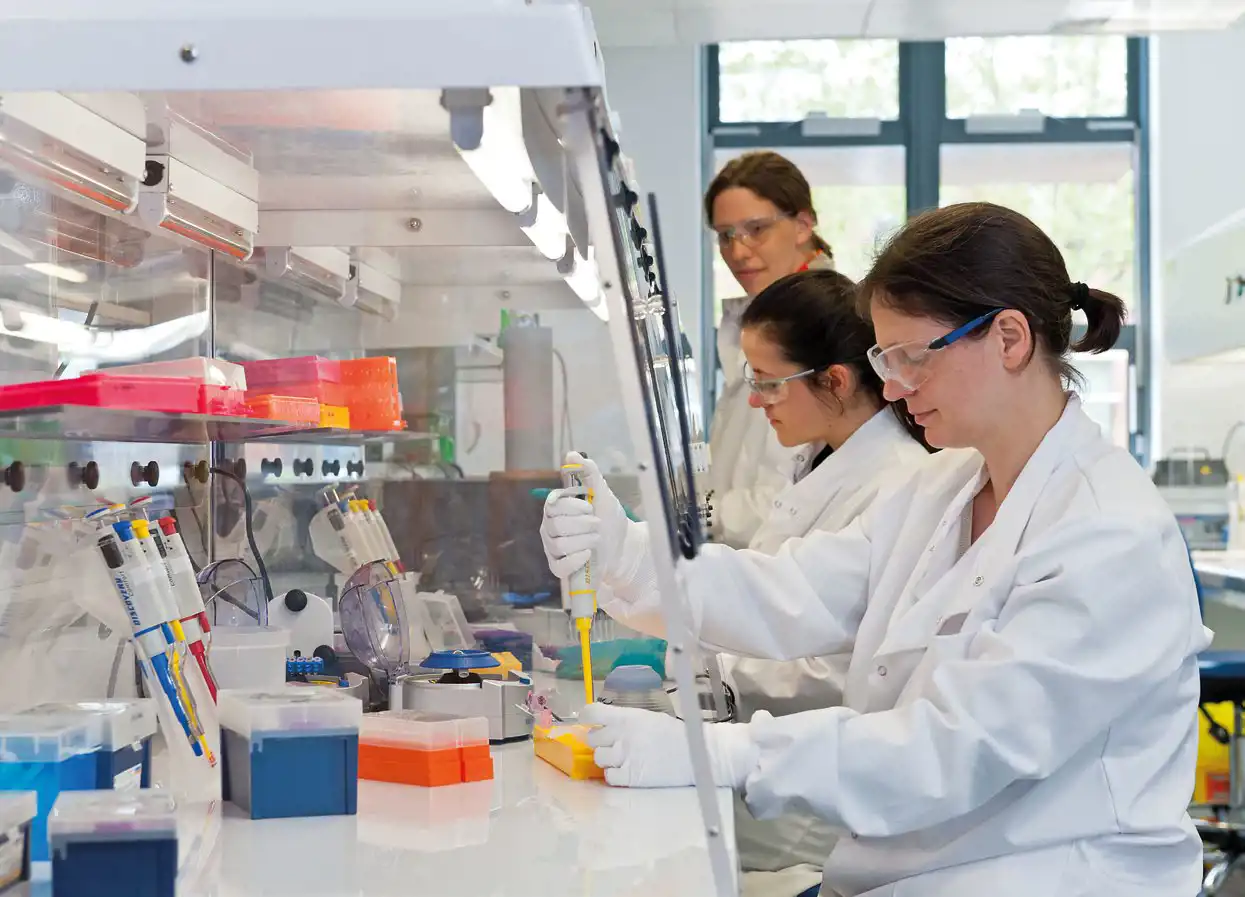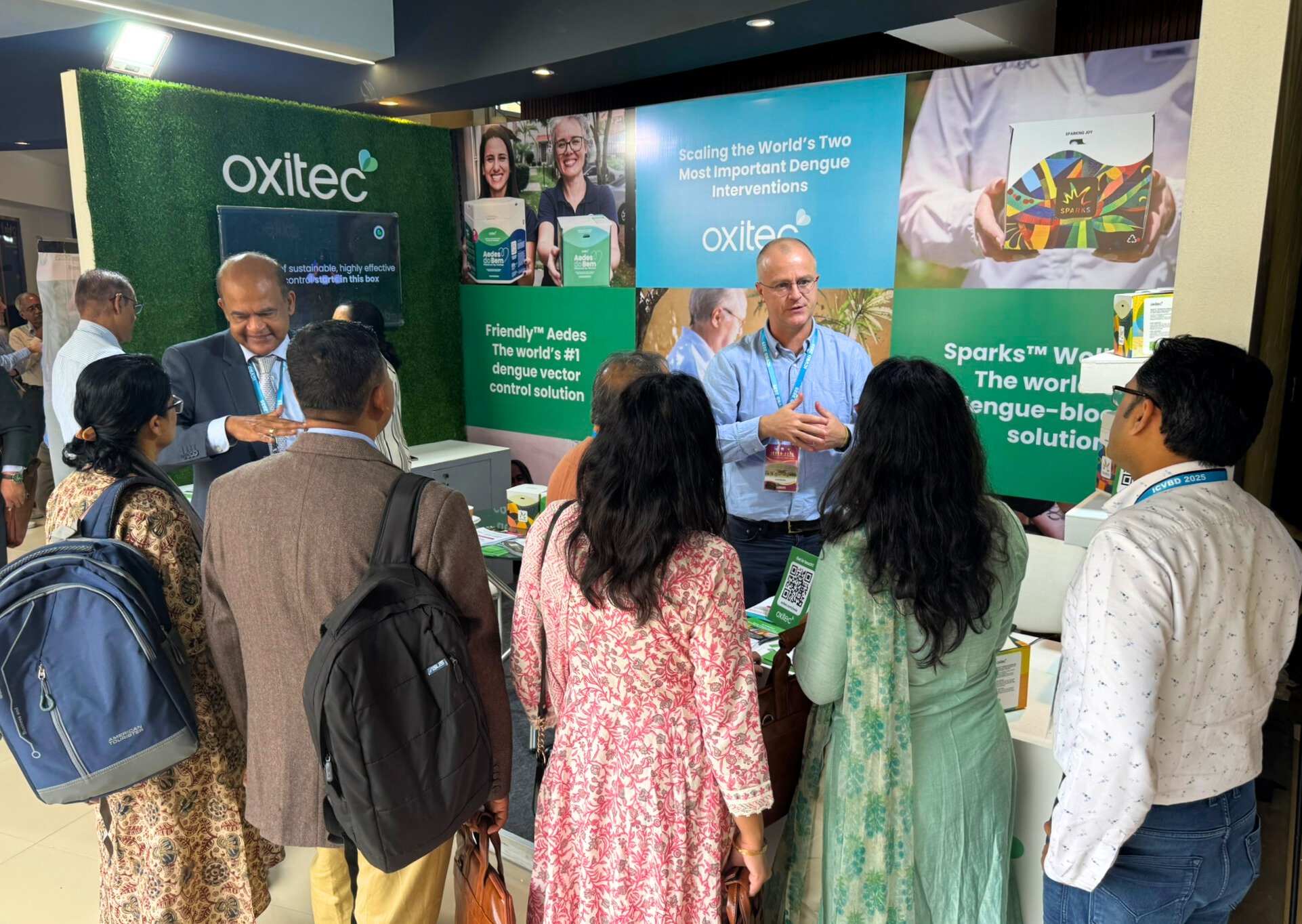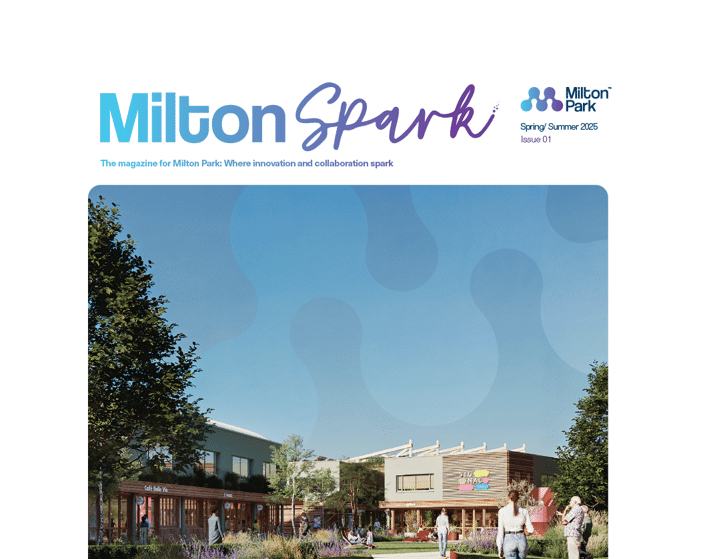Park People: Bahija Jallal, Immunocore’s CEO
Published on 15 December 2023

In this month’s Park People, the team interviews Immunocore’s CEO, Bahija Jallal, who explains what drives her passion for biopharmaceuticals, gives an insight into the company’s latest treatments and why Milton Park was chosen as its UK headquarters.
Hi Bahija, tell us about Immunocore in your own words…
Immunocore is a commercial-stage biotech company that has discovered, developed, and commercialised KIMMTRAK, a new therapeutic modality and the world’s first approved T-cell receptor therapy.
We come to work every day to radically improve outcomes for patients living with cancer, infectious diseases, and autoimmune diseases and we do this by pioneering and delivering transformative immunomodulating medicines, using our proprietary ImmTAX platform.
What inspired you to pursue a career in biopharmaceuticals?
From my earliest memories, I have always been curious – always asking why. I felt like it was always my destiny to build a career in research, where we constantly tackle difficult questions.
After completing my schooling in Paris, and my post-doc at Max Planck in Munich, I moved to the US where I began working at a lab. Whilst there, I heard a patient talking about her experience with the treatment we were developing and that convinced me that I would devote my career to developing new medicines to help patients.
How did you reach your current role as CEO and what does it involve day-to-day?
I began my professional career in the Bay Area of California – first at Sugen, then at Chiron. I then became head of R&D at MedImmune, the biologics research and development arm of AstraZeneca, later becoming President of MedImmune and sitting on the senior executive team.
After 13 years there, I was invited to a meeting with Immunocore’s Chairman of the Board, Sir John Bell. During that meeting, he showed me initial data from a clinical trial that convinced me that Immunocore had the potential to change the way cancers and other diseases were being treated. I was excited to join as CEO to develop Immunocore’s innovative, new platform.
What is most important or exciting to you about your job and the work that Immunocore does?
During that first meeting with Sir John, I saw the fantastic potential that our ImmTAX platform could offer people with metastatic uveal melanoma. Since then, my belief has only strengthened as we develop new candidates in oncology, HIV and HBV. We have shown what bispecific TCR therapies can deliver with KIMMTRAK and with our pipeline, I believe we can deliver new therapy options to many more patients.
Science has been my passion, and at Immunocore, I get to work with some of the best people in research, drug development, manufacturing, or commercialisation. The science that we pioneer is even more meaningful because what we do can benefit so many people living with a range of diseases. That is why we come to work every day.
Is there a particular drug or treatment that Immunocore is currently working on that you can tell us about?
The first one is KIMMTRAK, which is now approved in over 30 countries, for the treatment of HLA-A2*01 adult patients with metastatic or unresectable uveal melanoma, a devastating disease which occurs in the tissue of the eyes.
I am proud of what we have achieved launching this product, especially as few biotech companies successfully transition to being a commercial company. With the FDA approval in February 2022, KIMMTRAK became the world’s first TCR therapy, the first treatment for metastatic uveal melanoma to extend overall survival, and the first bispecific TCR therapy to show overall survival in a solid tumour. We are investigating the therapy in cutaneous melanoma.
The second treatment is our most advanced investigational therapy, IMC-F106C, targeting PRAME. We have announced that we would initiate our first Phase 3 pivotal trial in cutaneous melanoma, and we are investigating this candidate in other tumours in a Phase 1 trial.
And finally, why did Immunocore choose Milton Park to be its UK headquarters?
Our UK headquarters have been in Milton Park for over 15 years. The location offers us the opportunity to be part of the healthcare eco system, with proximity to many biotech and pharma companies, as well as academic institutions in Oxford and London.
Listen to Bahija’s interview on BBC Radio 4’s Life Scientific programme by visiting: https://www.bbc.co.uk/sounds/play/m001q670




